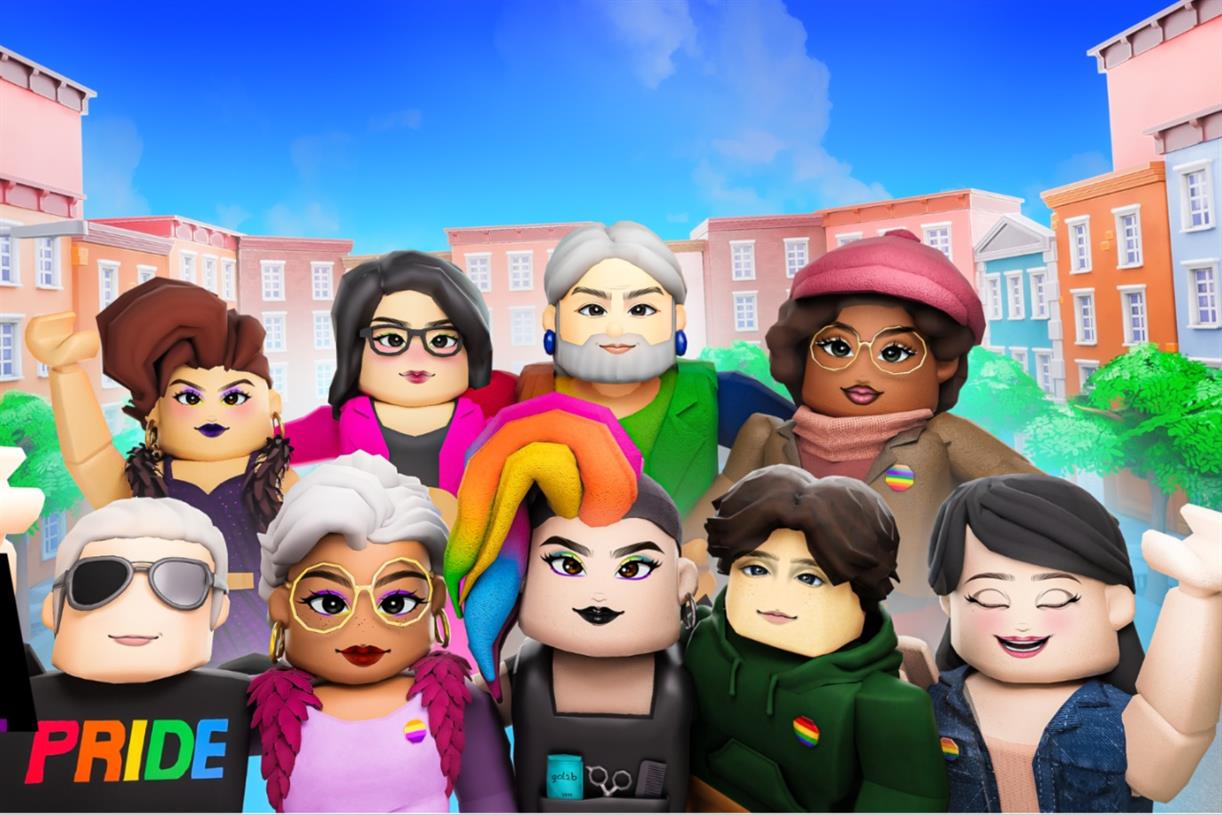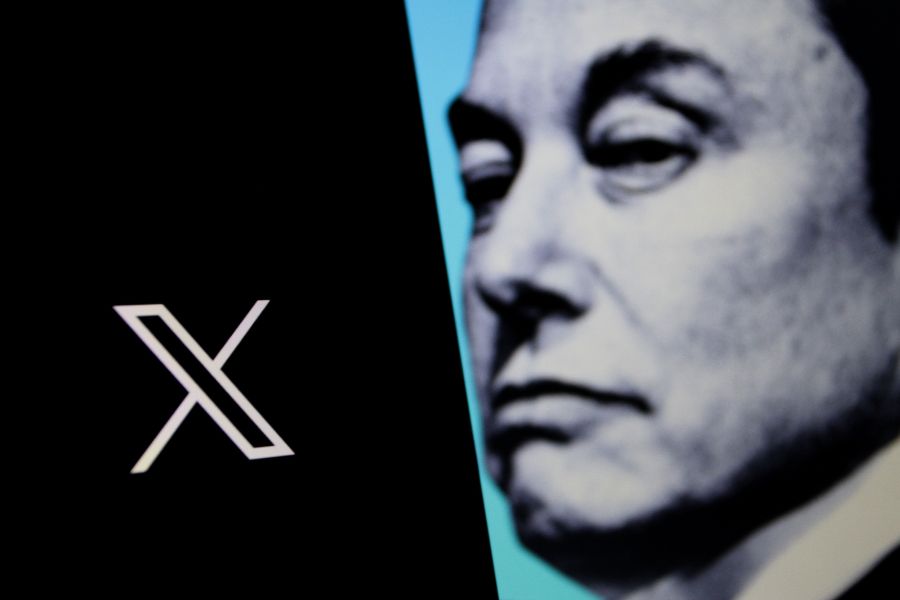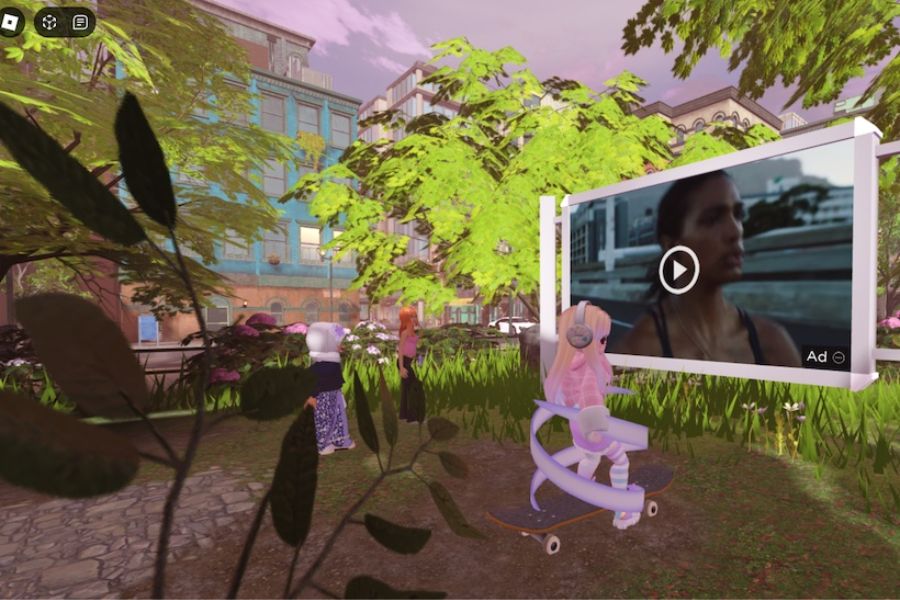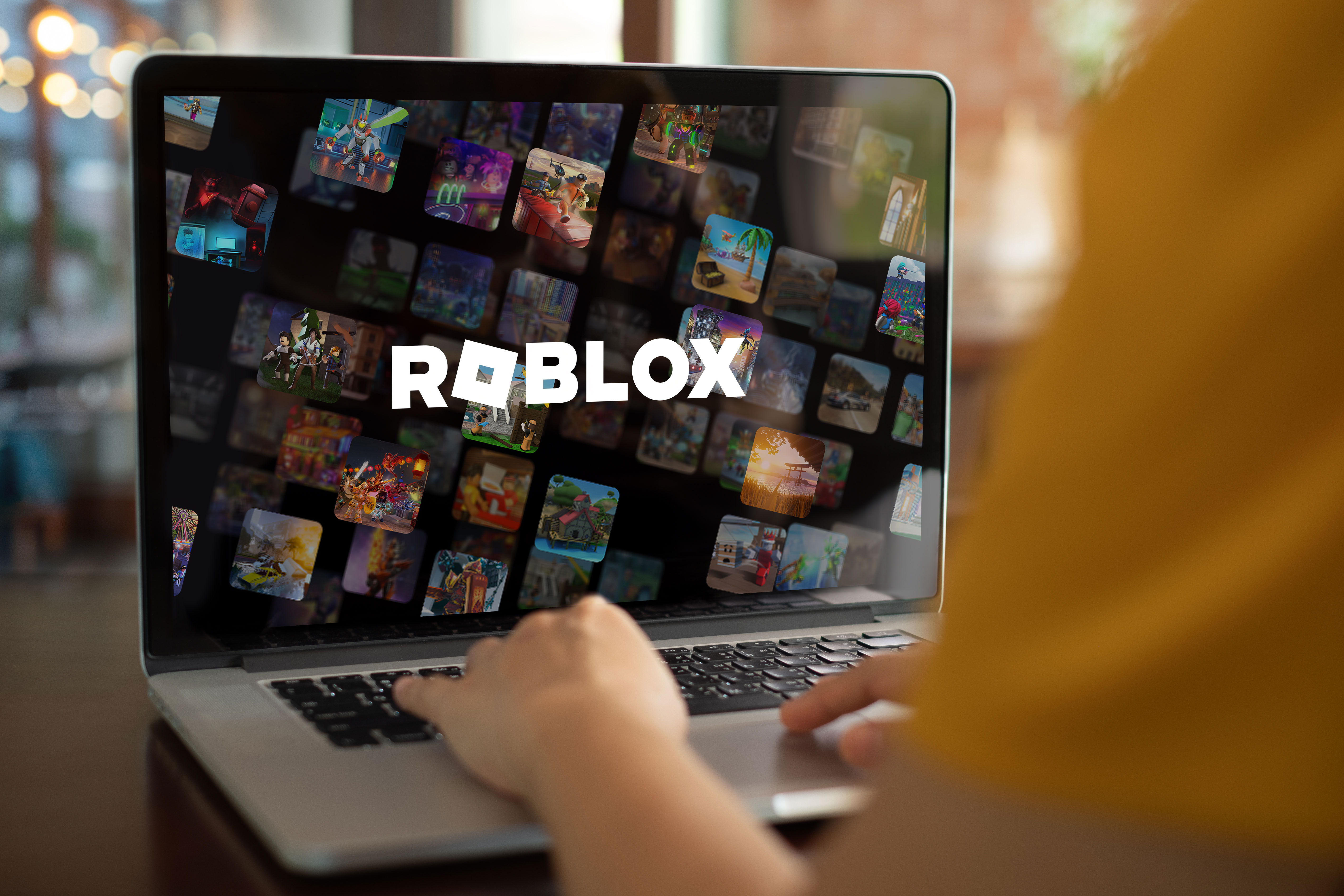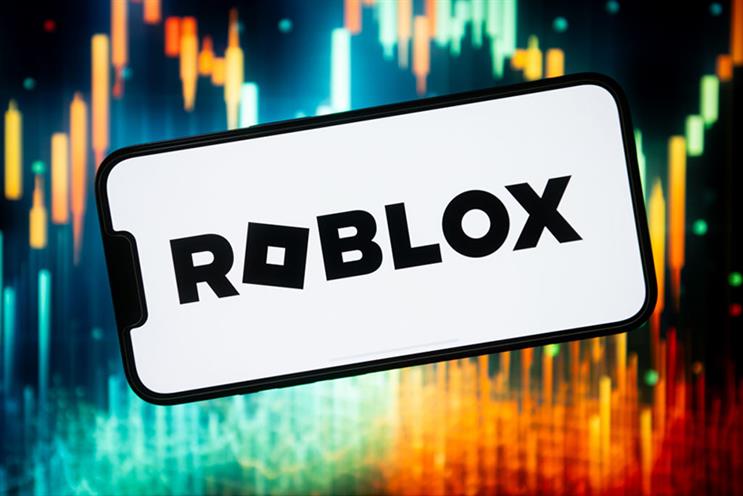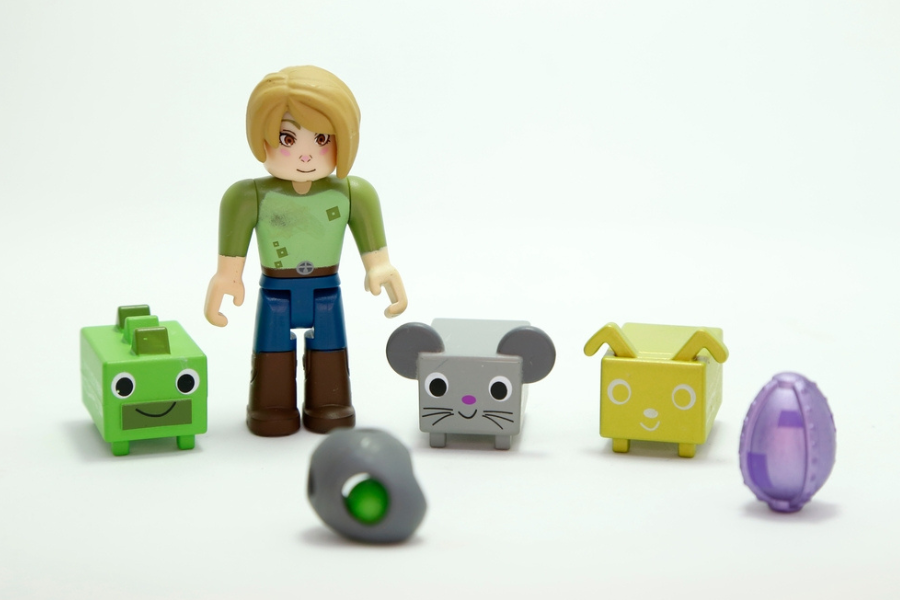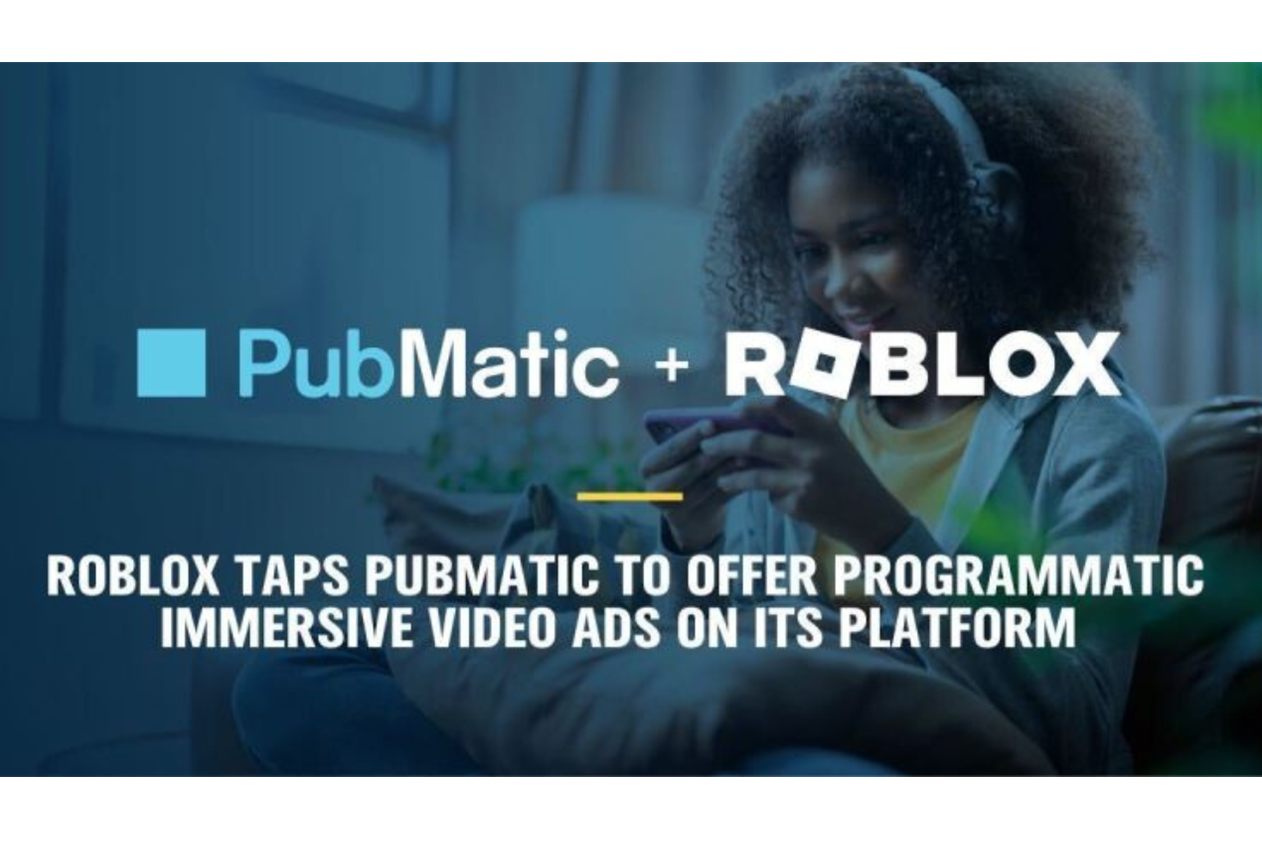As we usher in a new chapter of the experience economy, with it comes a shift in the way consumers and brands interact. Brands are no longer the totality of all the things they say about themselves; they're now the sum of every single customer touchpoint and interaction.
This two-way, interactive and dynamic relationship between brand and consumer needs consistency and clarity across the digital and physical worlds. This gives brands a compelling reason to converge their hybrid brand experiences into one ecosystem. How? By exploring the limitless possibilities of the metaverse—inevitable, unavoidable and, most importantly, incredibly exciting.
The metaverse is a virtual space that blends actual and virtual realities in real time, and is well on its way to becoming a highly influential platform for social interactions, cultural properties and economic exchanges.
Some are heralding it as the successor to the internet—the next big step in immersive digital experience. For brands, it will play a crucial role in forming their own ecosystems and ensuring synchronicity across channels, as well as acting as a platform for hybrid physical and digital experiences.
Although the metaverse is at a nascent stage, with consumers and technology still transitioning from early-21st-century digital user behaviours, such as websites and socials, it won't be long before they catch up. So future-facing brands need to prepare their metaverse strategy now in order to operate, innovate and become pioneers in this hybrid era.
Some brands are already leading the charge into this foray—just this week, Netflix launched a gamified version of the iconic Stranger Things Starcourt Mall on metaverse platform Roblox. Many others, notably in the luxury sector, are also starting to experiment by leveraging existing virtual platforms with established audiences and enabled experiences in order to build immersive brand moments.
Take Gucci x Roblox's most recent partnership – a fashion-themed wonderland for users to explore on the popular gaming platform. On the surface, you might think this partnership is beneficial for Gucci: it will be perceived as an innovator, connecting with and driving brand awareness among a new generation of potential consumers. In reality, however, Roblox is the real winner – and that's a huge dilemma for Gucci.
Instead of speaking to a targeted consumer audience, Gucci is constricted by Roblox's very young users, confined by the platform's capabilities and has to share its PR moment with the Roblox brand, diluting any affinity Gucci obtained from the activation. O2's recent collaboration with Fortnite, launching its flagship digital music venue, is another example of an incredibly exciting brand moment—but one that has to be shared with the gaming platform.
But if Gucci, O2, or any brand looking to build a strong hybrid brand identity, could own their own virtual platform and essentially create a brand universe that encapsulates everything they stand for in one unified environment, brand value in our experience era will soar.
Imagine a virtual world that offered tailored experiences, entertainment, inspiration and purchasing opportunities all in one place... and all totally on-brand. Products would be interchangeable, virtual environments otherworldly and consumer interactions personalised. With the ability to seamlessly update content to respond to shifting trends and customer demand in real time, brands could effortlessly keep pace with the speed of culture, while exercising full creative control.
Building their own metaverse would not only allow brands to own the aesthetic and customise the build, but also garner data to measure engagement and finesse the overall experience. Intuitive brands will see the complexities of navigating multi-platform, hybrid consumer journeys as the next CX frontier, adapting to purchase funnels that straddle both digital and physical universes to enhance the experience for audiences.
It's not an if, it's a when. Shifting consumer behaviour and the growing interest in this space are already signalling that it's time for big businesses to get involved. People are now comfortable with the hybrid world: 73% of people would choose to visit a brand home virtually, and with the side effects of lockdown accelerating consumers' digital dependencies on brands, this statistic is likely to keep climbing.
Combine that shift in behaviour with heavy investment from Google, Facebook and now Apple in the immersive web era, plus the surge in NFT adoption driving up the value of virtual assets, and the conclusion is clear: metaverse exploration is the next creative inevitability for forward-looking brands. True pioneers would be wise to lay their virtual foundations sooner rather than later.
Annabel Holmes is client partnerships manager at Unit9


